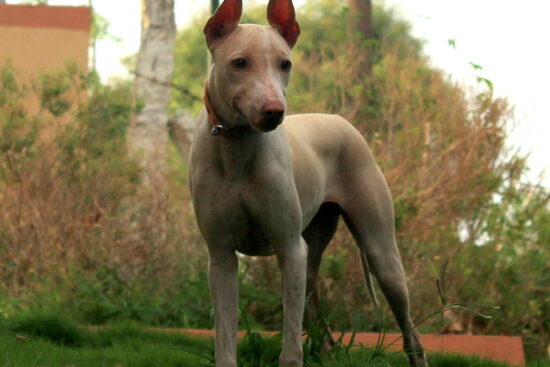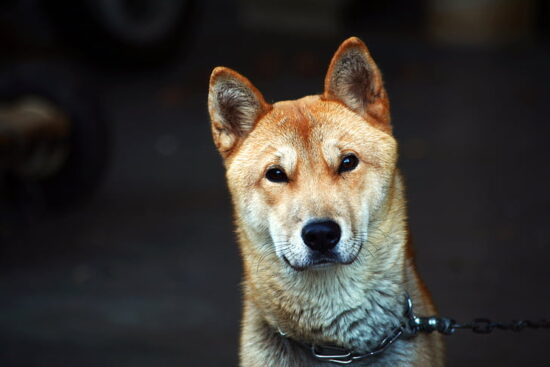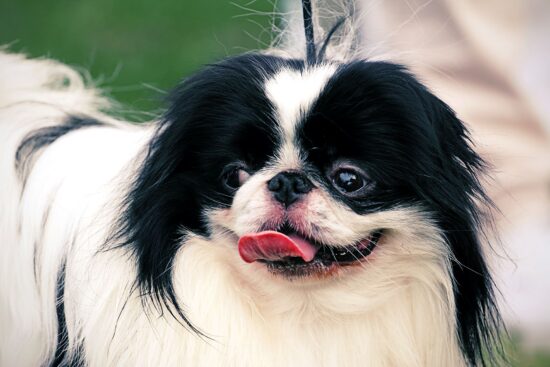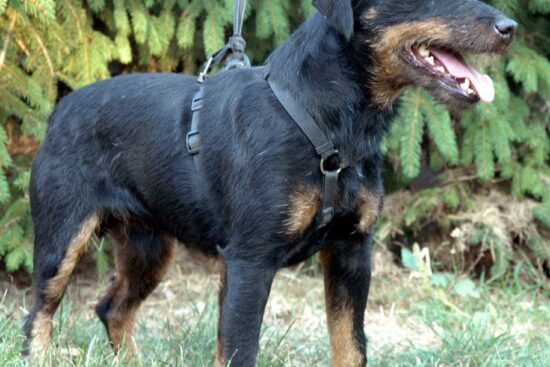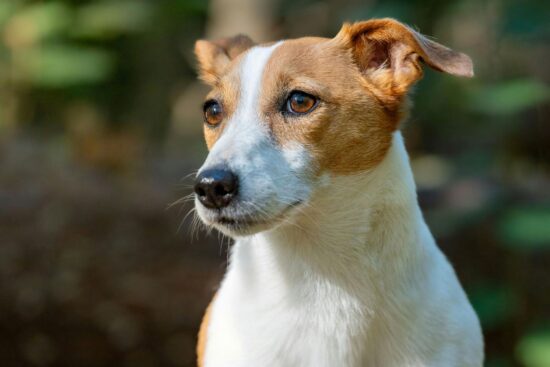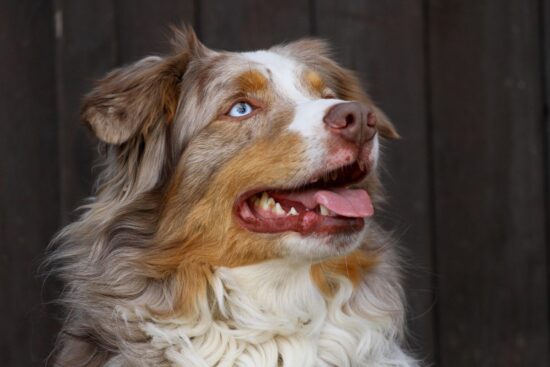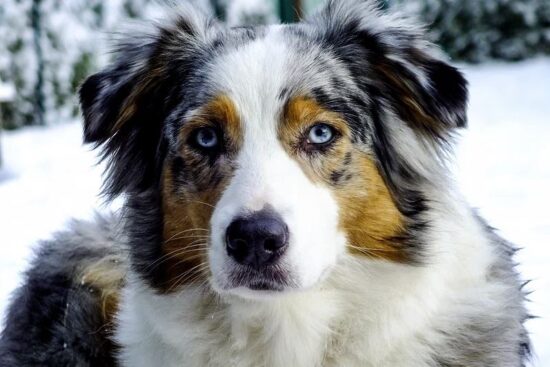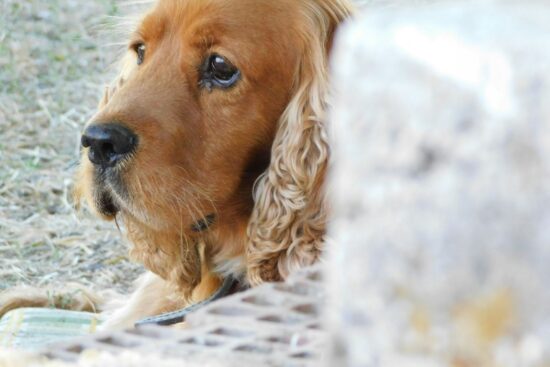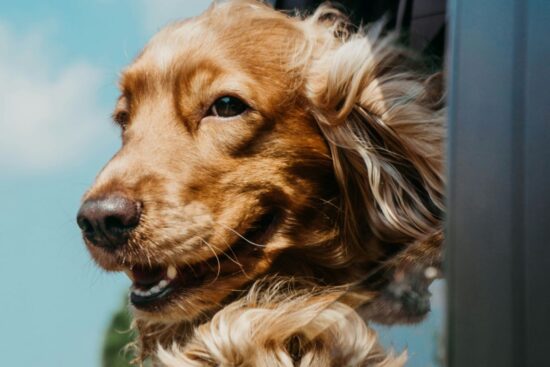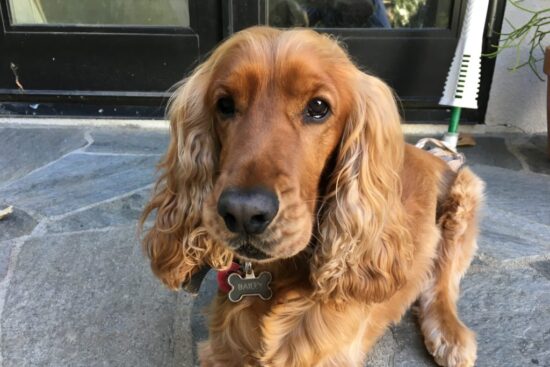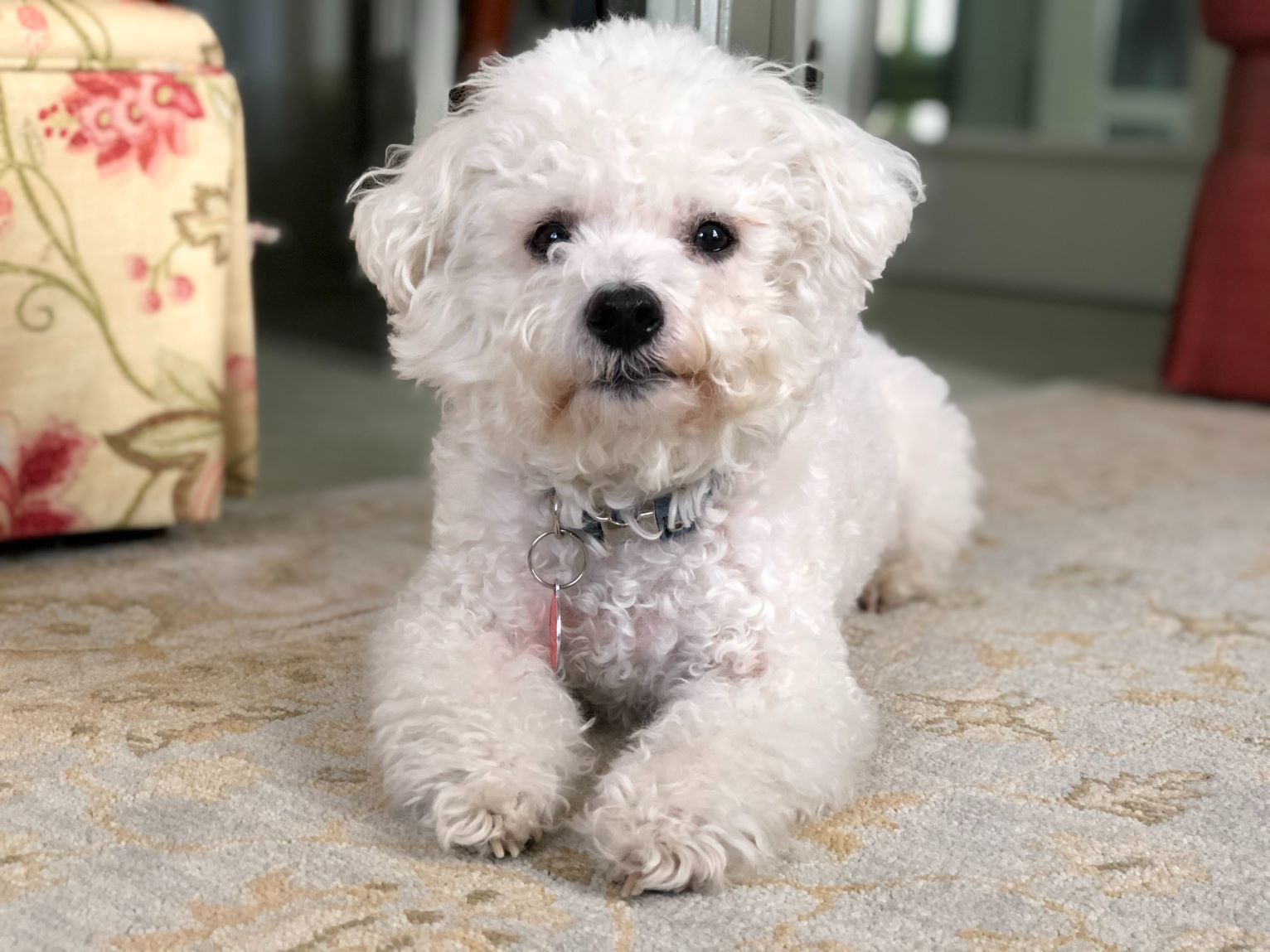
The Bichon Frise is a charming and cheerful dog breed known for its fluffy white coat, playful personality, and affectionate nature. Here is some general information about the Bichon Frise:
Bichon Frise Origin
The Bichon Frise has a history that traces back to the Mediterranean region, specifically to countries such as Spain, Italy, and France. It belongs to the Bichon family of breeds, which also includes the Maltese, Havanese, and Bolognese.
Bichon Frise Appearance
The Bichon Frise is a small-sized dog with a compact and sturdy build. It has a distinctive fluffy white double coat, which consists of a dense undercoat and a curly or wavy outer coat. Their round, dark eyes give them a sweet and expressive look, and their ears are drop-shaped and hang close to their head. They have a black nose and lips, and their tail is plumed and carried over their back.
Bichon Frise Size
Bichon Frises are small dogs. Adult males and females typically stand between 9.5 and 11.5 inches (24-29 cm) tall at the shoulder. They usually weigh between 12 to 18 pounds (5.4-8.2 kg).
Bichon Frise Temperament
Bichon Frises are known for their friendly, affectionate, and sociable nature. They are often described as happy-go-lucky dogs that love being in the company of their families. They generally get along well with children, other pets, and even strangers. Bichon Frises thrive on human companionship and may experience separation anxiety if left alone for extended periods.
Bichon Frise Energy Level
Bichon Frises have a moderate energy level. They enjoy daily walks and playtime, but they are not overly demanding in terms of exercise. They can adapt well to different living situations, including apartments or houses with limited space, as long as they receive regular mental and physical stimulation.
Bichon Frise Compatibility
Bichon Frises are considered excellent family companions. They are usually good with children if raised with them from a young age and properly socialized. They typically get along well with other pets and are generally friendly toward strangers. Early socialization and positive experiences with various people, animals, and environments are important for their well-rounded development.
Bichon Frise Grooming
Bichon Frises have a beautiful and distinctive coat that requires regular grooming to keep it in good condition. Their coat does not shed much but grows continuously, so they require frequent brushing to prevent matting and tangling. Professional grooming is recommended every 4 to 8 weeks to maintain their coat’s shape. Regular care includes nail trimming, teeth brushing, and cleaning of the eyes and ears.
Bichon Frise Health
Bichon Frises are generally a healthy breed. However, like many small breeds, they may be prone to certain health conditions, including allergies, dental issues, patellar luxation (knee joint problem), and certain eye problems. Regular veterinary check-ups, a balanced diet, exercise, and maintaining a healthy weight are important for their overall well-being.
Bichon Frise Trainability
Bichon Frises are intelligent and eager to please. They respond well to positive reinforcement training methods that involve rewards, praise, and consistency. Early socialization and basic obedience training are important to shape their behavior and ensure they become well-mannered dogs.
Bichon Frise Longevity
On average, Bichon Frises have a lifespan of around 12 to 15 years. With proper care, a balanced diet, regular exercise, and regular veterinary attention, some individuals may live even longer.
The Bichon Frise’s friendly nature, adorable appearance, and low-shedding coat make it a popular choice for families and individuals alike. Potential owners should be prepared to provide them with the love, attention, regular grooming, and companionship they need to thrive as happy and content family companions.











